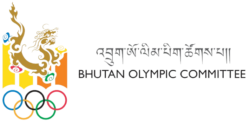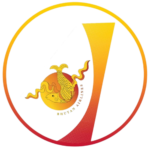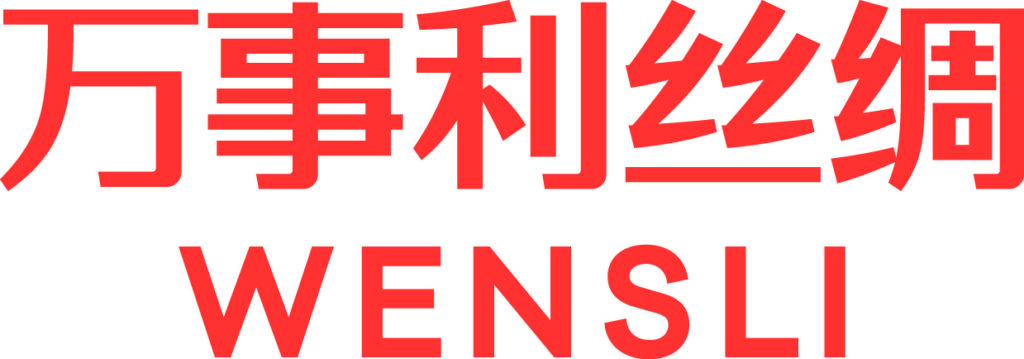Olympic Solidarity and Bhutan
A Quiet Revolution on the World Stage
High in the heart of the Himalayas, where ancient mountains hold stories of time itself, Bhutan is quietly carving out its own path in the world of sport. Known far more for its philosophy of Gross National Happiness than for the glare of stadium lights or the rush of medals, Bhutan’s Olympic journey is a testament to perseverance, community, and a deep respect for values beyond trophies.
This journey has not been easy. Bhutan faces challenges few others encounter—remote terrain, limited resources, and a small population. Yet, with quiet determination and careful stewardship, Bhutanese athletes, coaches, and officials have steadily grown stronger, learning and evolving with each step.
Olympic Solidarity has been a valued partner along this path. Their support—offering guidance, opportunity, and encouragement—has helped Bhutan navigate obstacles and seize chances. But at the heart of this story is Bhutan’s own spirit: its resilience, humility, and hope that continue to drive progress on the world stage.
Pillars of Progress
Olympic Solidarity’s presence in Bhutan is not a story of mere funding; it is a story of transformation through its five pillars—athlete development, coach education, administrative support, infrastructure and equipment, and youth engagement. These are not just programs; they are lifelines, each playing an essential role in weaving the fabric of Bhutan’s sporting identity.
Athlete Development
Every Olympic dream begins with a single spark. For Bhutan, these sparks have been fanned into flames through unwavering support from Olympic Solidarity. The Tokyo 2020 Olympics marked a defining moment when Karma became Bhutan’s first female archer to compete at the Games. Her participation was not by chance—it was the result of scholarships that covered training, equipment, and expert coaching, making it possible for her to stand shoulder-to-shoulder with the world’s best.
That spirit continues. As Paris 2024 approaches, Lam Dorji will represent Bhutan in the men’s archery category, benefiting from tailored preparation programs funded by the IOC. These stories reflect something bigger than individual achievement—they symbolize opportunity, belief, and the idea that no dream is too distant.
Coach & Official Training
Behind every athlete’s success is a coach who believes—and an administration that supports. Bhutan’s sporting growth owes much to Olympic Solidarity’s commitment to coach education and governance. Bhutanese coaches have traveled to IOC-funded workshops across Asia, returning with modern training methodologies that elevate local performance standards.
It doesn’t end there. In 2023, Bhutan Olympic Committee officials participated in an Olympic Solidarity-sponsored governance seminar, a move that strengthens organizational efficiency and transparency. These investments ensure that Bhutanese sport grows on a foundation of skill, professionalism, and vision.
Grassroots Sport Promotion
True sporting culture thrives at the grassroots, and in Bhutan, this means going to the heart of communities. With Olympic Solidarity’s support, youth archery programs have been launched in rural schools, tapping into Bhutan’s deep cultural affinity for the sport. This initiative brings opportunity to children who might otherwise never pick up a bow.
Equally powerful is the focus on gender equality. Programs like “Girls in Archery” break barriers and invite young women into spaces where they can shine, echoing the IOC’s commitment to empowering women through sport.
Infrastructure Upgrades
A dream needs a stage. Thanks to Olympic Solidarity grants, Bhutan’s National Archery Stadium has undergone modernization, ensuring athletes can train to international standards. This isn’t just about facilities—it’s about creating environments that match the aspirations of athletes who carry Bhutan’s hopes onto global platforms.
Challenges and Triumphs
Bhutan’s story is as much about resilience as it is about progress. Geographic isolation, limited funding, and small population could have been insurmountable obstacles. Yet, with strategic use of Olympic Solidarity resources, Bhutan has achieved milestones that seemed improbable just a decade ago:
- 2021: Karma’s historic Olympic debut placed Bhutan on the global archery map.
- 2023: Bhutan hosted its first South Asian Archery Championship, drawing regional attention and demonstrating new organizational confidence.
- Future Goals: The vision doesn’t stop at archery—plans are underway to introduce winter sports like cross-country skiing, diversifying Bhutan’s sporting landscape with continued solidarity support.
Olympic Solidarity’s work in Bhutan goes far beyond competition. It fosters unity, resilience, and hope, ensuring that even the smallest nations have a voice and a place on the world stage. For Bhutan, this partnership is not about chasing medals—it is about creating a legacy where sport uplifts communities, empowers women, and inspires future generations.
By investing in athletes like Karma and Lam Dorji, Olympic Solidarity proves a timeless truth: greatness is not defined by size or resources but by courage, opportunity, and the belief that every dream deserves a chance.
Learn more about the Olympic Solidarity Commission and its global mission here.
About Bhutan Olympic Committee
Discover the history of the Bhutan Olympic Committee and learn about its journey and contributions to sports development.
THE WORLDWIDE OLYMPIC PARTNERS




